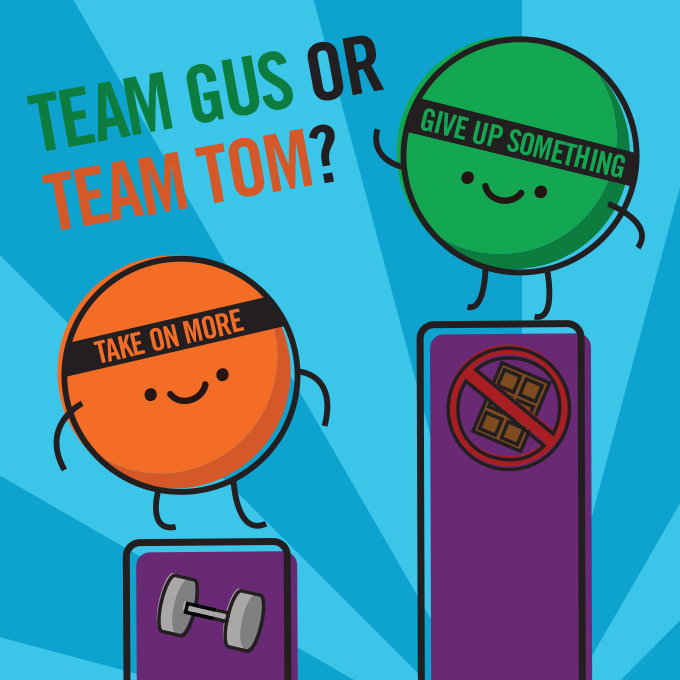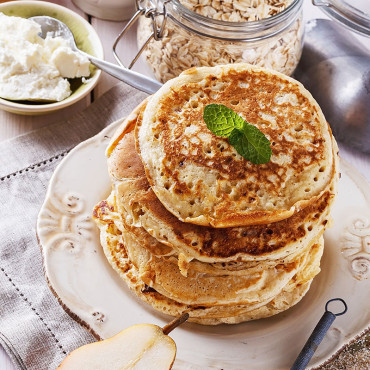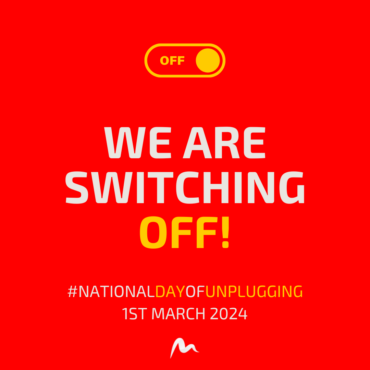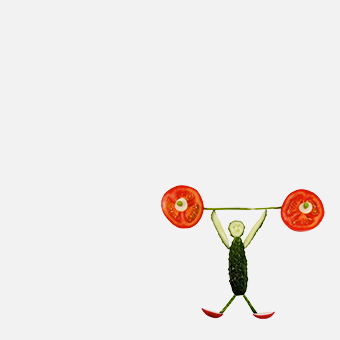Starting on Ash Wednesday and continuing for six weeks until Holy Saturday, many Christians take part in Lent. In ancient times, Lent was predominantly a time for fasting and prayer but today in our modern-day world, whether you’re religious or not, it has become a time for challenging yourself and abstaining from something that is generally detrimental to your wellbeing.
The struggle is real
Every year Twitter releases a list of the top 100 things that people have tweeted about giving up for Lent. Looking at 2015’s list, although a large amount of these were tongue-in-cheek responses (“Caring”, “School” and “New Year’s Resolutions”, for example), it’s remarkable how many were related to our technologically driven lifestyles. Not only did Netflix, Selfies and Facebook make an appearance, but Twitter also ranked third on its own list! These truly are first world problems…
However, one category appeared on the list more than any other. Yes, you’ve guessed it; exactly half of the entries on the Lent list were, unsurprisingly, food-oriented. Whether it’s alcohol, junk or a specific restaurant chain, it seems that on the whole, we’ve accepted that we have an issue with food, and we’re looking for help to sort it out.
Might as well face it…
…We’re addicted to food. So what causes some foods to be so good that we need an incentive like Lent to give them up? Of course the simple answer is that they taste really, really good, but there’s science behind it too. Let’s first look at chocolate, arguably the most popular choice for sacrifice before Easter. For a start, we are surrounded by it all year round. As soon as the Christmas chocolates are moved into the reduced sections of the supermarkets, the space it took up on the shelf is replaced with Valentine’s treats, and once they’re gone, it’ll be Easter eggs. Chocolate is considered to be an aphrodisiac, which some put down to the sensation of actually consuming it, but it also contains chemicals such as theobromine, which effects the body in a similar way to caffeine, and phenyethylamine, scientifically proven to be a mood-booster. Cheese is another food that many of us find hard not to give in to. That’s due to the presence of casomorphins, which sounds a bit like the word morphine because, technically, it is! These protein fragments contain opiates that give off a calming, drug-like effect and are also found in milk. They may be the reason that breast-feeding creates such a strong bond between mothers and their children. Studies have also shown that the combination of fat, salt and sugar in most kinds of junk food triggers what is known colloquially as a “bliss point” and makes us prone to wanting more.
Building up willpower
It’s the same whether you’re talking about alcohol or food; a break from something will lessen your dependence on it, and make it’s effects on your body stronger in smaller amounts. But often that’s easier said than done. Giving up particular foods can be a kind of psychological game, and much more mind over matter than anything to do with your taste buds. Like your triceps or biceps, your brain is a big muscle that needs to be strengthened. Willpower can be a tricky thing to build, and it not only takes time but also practice to do so. Before heading into Lent, take these pointers into consideration:
1. Don’t deprive yourself
Lent is all about commitment, so taking the attitude of “a bit of what you fancy does you good” doesn’t really apply here. You’ll be giving up something for over a month, so make sure you pick something that you can see through right to the end. Don’t be too drastic when making your decision because realistically, it’s unlikely that you’ll be able to withstand it if it’s a struggle for you. Giving up all sugar may be difficult, but sticking to just fizzy drinks is perfectly doable, and will still have an impact. Although Lent is technically a kind of sacrifice, do consider your emotional wellbeing. If you give up going out at the weekend with friends, as a way of avoiding drinking alcohol, say, how will you feel when sitting alone at home, knowing you’re missing out on potential fun? Choose a resolution that will make you feel better, not worse.
2. Prepare for the potential storm ahead
Forget love – when you’re trying to be healthy, temptation is all around, and you can’t unfortunately guarantee that everyone you meet during the Lent period will be avoiding the same things as you. Make it easy on yourself, and prepare for the difficult situations. If you know a box of chocolates is likely to go around the office, have something on your desk that you can eat instead. If you’re going out with friends for a night and have given up alcohol, decide beforehand what it is you will be drinking – you may even want to tell your friends in advance to avoid endless explanation and possible peer pressure…
3. Visualise saying “no”
It may sound like a simple solution, but a great way of getting stronger willpower is imagining you have it already! Think about a situation that you know will test you, for example, going out for a meal with your family. The main course may not be an issue, but when it comes to dessert, all the options are bad ones, and everyone at the table is going to want one. Ask for a coffee instead. But don’t just decide to do it, actually imagine yourself saying the words, “no thanks, I’ll just have a coffee”. The more times you visualise it before hand, the easier and more natural it will be to say it on the night to the waitress. This method helps when combating any kind of temptation, but is particularly useful at Lent.
4. Monitor your progress and treat yourself
Take each day at a time and reward yourself for getting through every single one. This might be a satisfying tick on a calendar, or maybe a pound coin in a jar for you to buy yourself something lovely at the end of Lent. This will give you a daily sense of achievement, a visual aid of how far you have come, and something to look forward to as well. These tactics will all help to boost your willpower and commitment levels.
5. Make it count
There’s no point cutting out something if you’re simply going to swap over to something else. For example, why give up eating chocolate if you are only going to eat double the amount of boiled sweets? At the end of the day, the decision is yours, so why not take the opportunity to give up something that really is going to make a difference to your health and wellbeing? By Easter, you’ll not only have a huge sense of achievement, but you’ll probably be able to see and feel the difference too. Of course, Lent doesn’t have to all be about food, tempting though it is. Think about your wellbeing in the wider sense of the word too.
Gus or Tom?
But for some, the idea of giving up something might seem like too much of a challenge. Take Tom, for example. Unlike his friend Gus, who is set on giving up chocolate and desserts for Lent, Tom already leads a healthy, active lifestyle, so cutting certain things out of his diet wouldn’t make much of a difference. He also has several birthdays and evenings out over the forty-day and night period, and although he may have a glass or two and the odd slice of cake, he’s looking forward to it, and doesn’t want to miss out. Tom, therefore, decides that of Giving Up Something like Gus, he’s going to make a resolution to Take On More during Lent. At the moment, Tom is attending the gym twice a week, but he’s decided to commit to doing an early Saturday morning gym session as well. After the Christmas holidays, Tom’s also found that he and his girlfriend have become a bit lazy with cooking, and Hungry House is becoming a more frequent residency. They both then decide to make dinner at home more, and dust off some old cookbooks for inspiration.
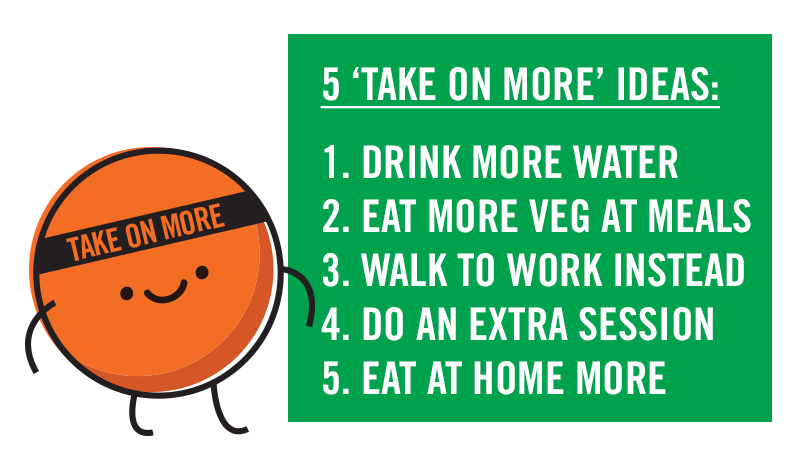
Whether you’re a Gus or a Tom, both options are great during Lent, as forming new habits is equally as important as breaking bad ones. Taking On More is also a good tactic to use with children at this time.
Happy Pancake Day!
Many people cook and eat pancakes on Shrove Tuesday, the night before the beginning of Lent as, traditionally, this was a way of using up all the naughtiness in the cupboards (flour, sugar, and in my household, chocolate spread) before giving it all up until Easter. But what’s stopping you from trying out a healthier recipe on the night? Don’t worry, we aren’t asking you to give up the pancake, just swap a few ingredients to cut down the calories without compromising on flavour. Put our oat pancake recipe to the test:

